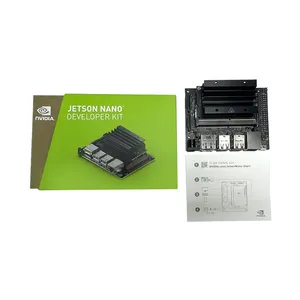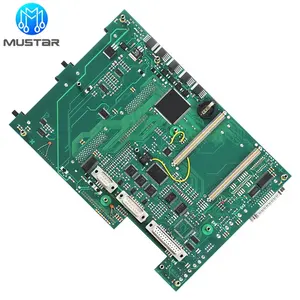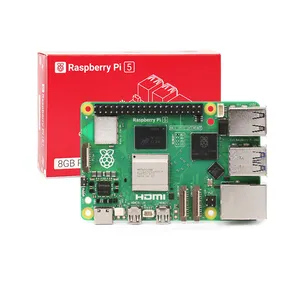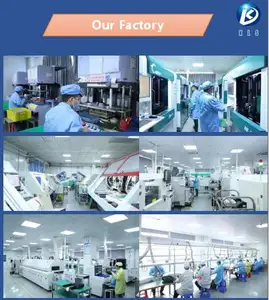Introduction to ARM Development Boards
ARM development boards are integral to modern electronics, serving as the backbone for prototyping and creating innovative commercial and residential applications. These boards, equipped with ARM processors, offer a versatile platform for developers to build and test software and hardware configurations. Among the popular choices, the STM32 development board and the NXP LPC1768 stand out for their robust performance and adaptability in various development scenarios.
Types and Features of ARM Development Boards
The variety of ARM development boards like the STM32F103C8T6 development board and the LPC 2148 development board cater to different needs. These boards come in various sizes and capabilities, from basic models suitable for simple projects to advanced kits like the STM32F407VET6 development board for more complex tasks. Key features often include a range of I/O ports, integrated debugging/programming capabilities, and connectivity options, all designed to facilitate a streamlined development process.
Applications and Advantages
The application of ARM development kits spans across numerous fields, from DIY projects to sophisticated commercial product design. An ARM development kit is particularly useful for tasks requiring low power consumption and high processing speeds. These boards are favored for their compact size, energy efficiency, and the powerful ARM cores that lie at their heart. The ARM processor development kit, for instance, is a popular choice for embedded system education and IoT product development due to its versatile nature.
Materials and Durability
Durability is a key factor in the design of ARM development boards. Materials such as ABS plastic and various metals are commonly used to ensure resilience against physical and environmental stress. Boards like the STM32 dev board and the ARM dev board are engineered to resist temperature variations, corrosion, and rust, ensuring longevity and consistent performance throughout their use.
Customization and Compatibility
Flexibility in customization is another significant advantage of ARM-based development boards. Developers can find boards tailored to specific requirements, whether it's for learning purposes with the mbed NXP LPC1768 or for advanced prototyping with a comprehensive STM32 development kit. Compatibility with various peripherals and software tools also makes these boards highly adaptable to a multitude of projects.
Conclusion
In summary, ARM development boards like the development board STM32 and board STM32 are pivotal in the realm of electronic development. Their robust construction, coupled with the ability to handle diverse development tasks, makes them a go-to choice for professionals and enthusiasts alike. While exploring the range of options on Alibaba.com, developers can find the right board to bring their innovative ideas to life.











































 浙公网安备 33010002000092号
浙公网安备 33010002000092号 浙B2-20120091-4
浙B2-20120091-4